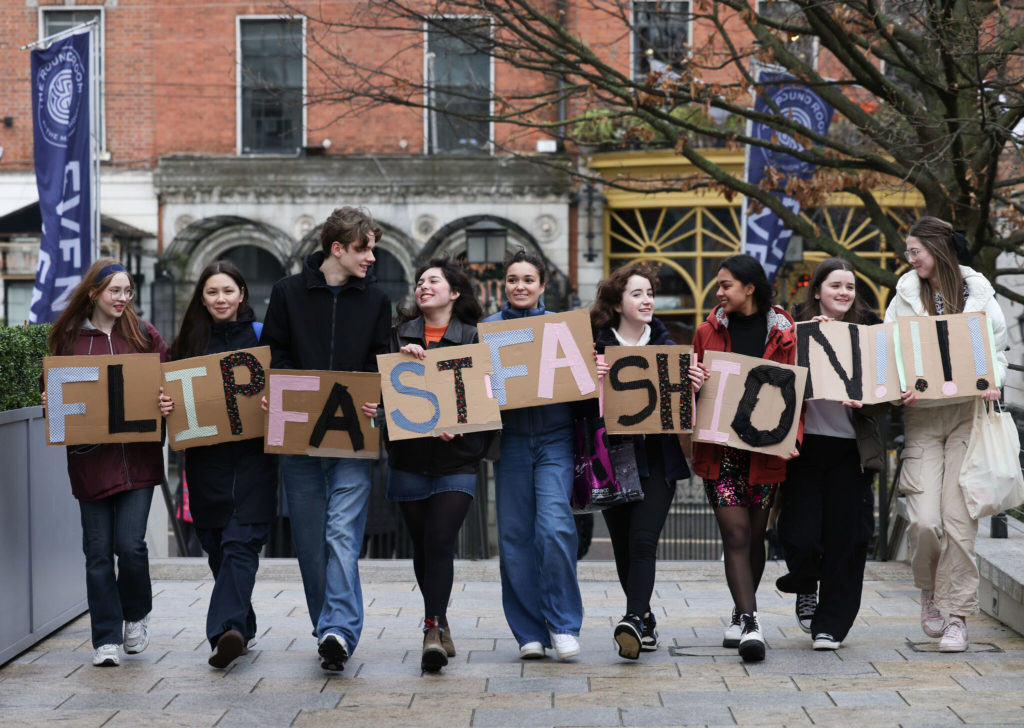IRELAND is facing a mounting textile waste crisis, with new data showing that the country produces the second-highest amount of textile waste per person in the EU.
Experts are warning that without increased investment in recycling facilities and public awareness, Ireland risks falling behind in tackling one of the fastest-growing sources of waste.
According to the Rediscovery Centre in Ballymun, Irish consumers purchase more than 50 kg of textiles per person each year, compared to the European average of 19 kg.
This equates to around 70,000 tonnes of discarded clothing and accessories ending up in Irish landfills annually.
Claire Downey, CEO of the Rediscovery Centre, described the figures as “extraordinarily high”, calling for urgent measures to address both consumption and waste management, according to RTÉ.
“We’re purchasing around 53 kilos per person - a really high rate of consumption - and we’re trying to understand why we’re consuming so much,” Downey said.
“We need to ensure textiles are reused, repaired, or recycled, not just exported or dumped.”
A revised EU Waste Framework Directive adopted earlier this year requires textile producers to cover the costs of collection, sorting and recycling.
The scheme gives member states 30 months to establish national programmes.
While the Irish Government has welcomed the directive as a great step forward, environmental groups caution that delays similar to those seen with the Re-turn initiative could slow progress.
Ireland must put the directive into national law by June 2027.
 A protest against fast fashion in Dublin last year (RollingNews/Photo by Leon Farrell)
A protest against fast fashion in Dublin last year (RollingNews/Photo by Leon Farrell)A spokesperson for the Department of Climate, Energy and the Environment said the directive would play a “key role in curbing fast fashion trends and boosting textile reuse”, adding that a National Policy Statement and Roadmap on Circular Textiles is under development.
At a community level, projects like those run by Wicklow County Council are working to change public behaviour.
Supported by the Anti-Dumping Initiative Grant, the council has launched a series of clothing swap and textile upcycling workshops in Bray, Baltinglass and Arklow.
The events aim to encourage residents to extend the life of garments through reuse and creative redesign.
Theresa O’Brien, Director of Services for Climate and Environment at Wicklow County Council, said the workshops show how local action can complement national policy.
“We want to creatively and community-focused address textile waste through swap events and upcycling workshops,” O’Brien said, according to the Irish Independent.
“These initiatives empower people to make more sustainable choices.”
The fashion industry’s global footprint continues to grow, with clothing production doubling since 2000 and consumption projected to rise by 63% by 2030.
Despite this, less than 1% of textiles are recycled into new garments, and a truckload of clothing is landfilled or incinerated every second worldwide.
In Ireland, the Environmental Protection Agency estimates that just 6% of discarded textiles are reused locally and only 9% are recycled.
The remainder is either exported or sent to landfill.
Organisations such as Liberty Recycling in Dublin are working to reduce that figure by sorting and exporting usable textiles for reuse in overseas markets.
The social enterprise currently processes over 100 tonnes of textiles each week, but staff there say they are only handling about 10% of the country’s total textile waste.
Experts argue that solving Ireland’s textile waste problem will require not just stronger regulation but also financial support for repair and reuse sectors, alongside a cultural shift away from fast fashion.
Proposed measures include repair vouchers, tax incentives and subsidies for businesses.
“At the moment, reuse and repair activities struggle to compete with low-cost fast fashion,” said Downey.
"We need to make these sustainable choices easier and more affordable for everyone.”

